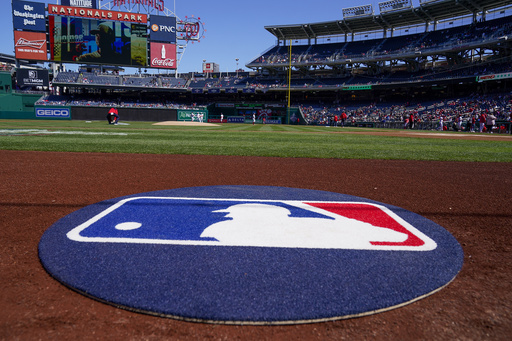
NEW YORK — In a recent annual report released by Major League Baseball, there were only two instances of positive tests for performance-enhancing substances that led to disciplinary action throughout the year culminating in the World Series. Additionally, the number of exemptions granted for attention deficit hyperactivity disorder (ADHD) remained low and consistent.
According to Thomas M. Martin, the independent administrator of the drug program, a total of 11,609 tests were conducted, comprising 9,455 urine samples and 2,154 blood samples aimed at identifying human growth hormone. This marks a slight decrease from the previous year, which saw a record total of 11,783 tests, including 9,550 urine and 2,233 blood samples. The total number of tests carried out this year was the third highest for MLB, just behind the 11,619 tests that were performed in 2019.
Furthermore, the offseason testing showed a modest increase from 1,698 urine tests in 2022 to 1,706 in the current season, and there were 407 blood tests administered in the offseason.
The only positive test reported for players on 40-man rosters was that of Cincinnati infielder Noelvi Marté, who is facing an 80-game suspension at the start of the 2024 season due to a positive test for boldenone. In a similar situation, Toronto Blue Jays infielder Orelvis Martínez was suspended for 80 games following a positive result for clomiphene just two days after he made his major league debut on June 23.
In terms of stimulants, there were no positive test results that resulted in suspensions. According to the protocol, a first positive test for a banned stimulant leads to subsequent testing, while a second positive triggers a 50-game suspension.
Turning to therapeutic use exemptions (TUEs), there were a total of 65 issued, with 61 of these related to ADHD. This figure remains the same as in 2023 and continues a trend of decline that has persisted for the past decade. Notably, the number of exemptions has fallen from 72 in 2022 and 119 in 2013. The report also noted an exemption each for hypertension, sleep disorders, hormone function, and uveitis/high eye pressure.
